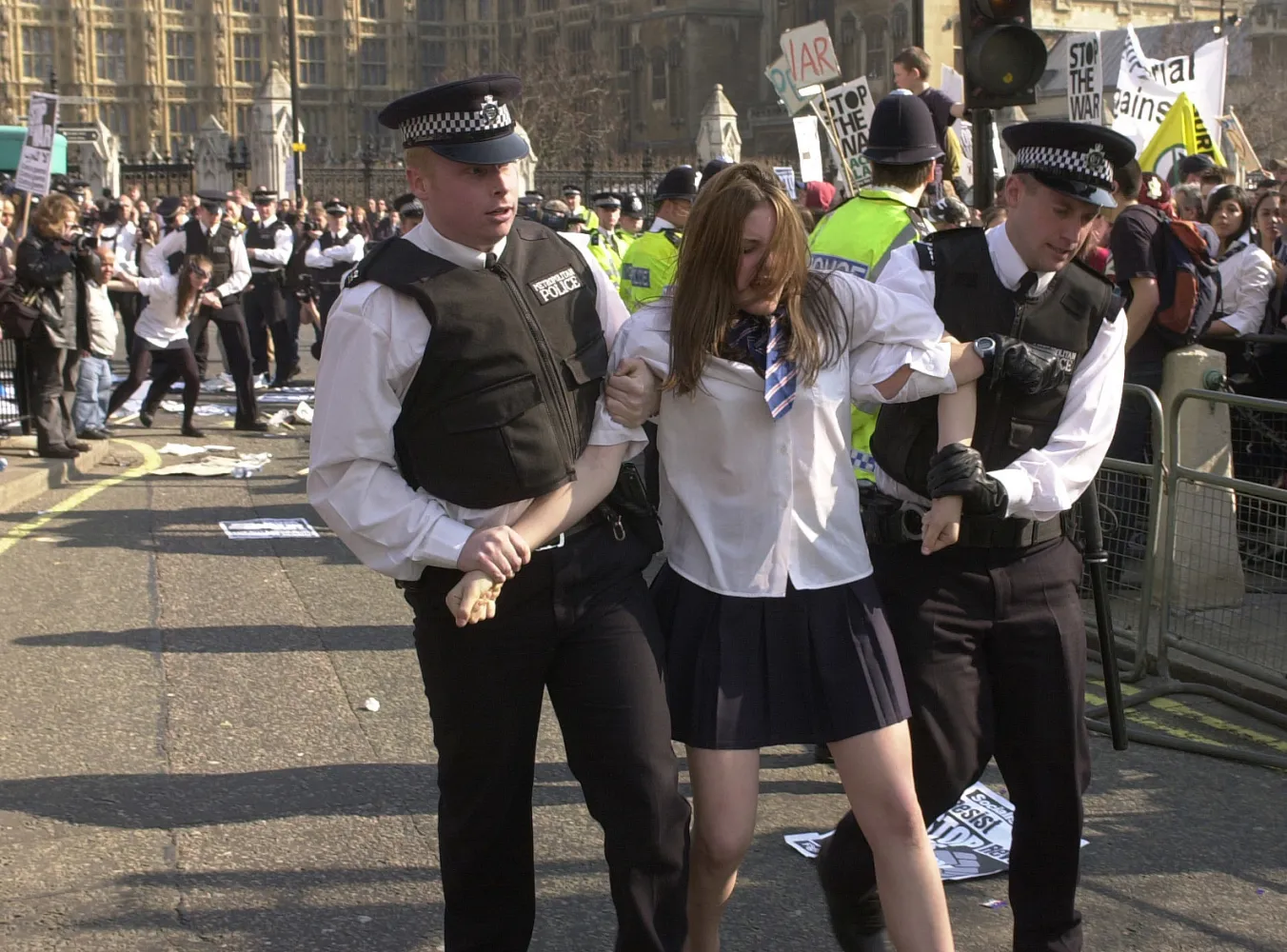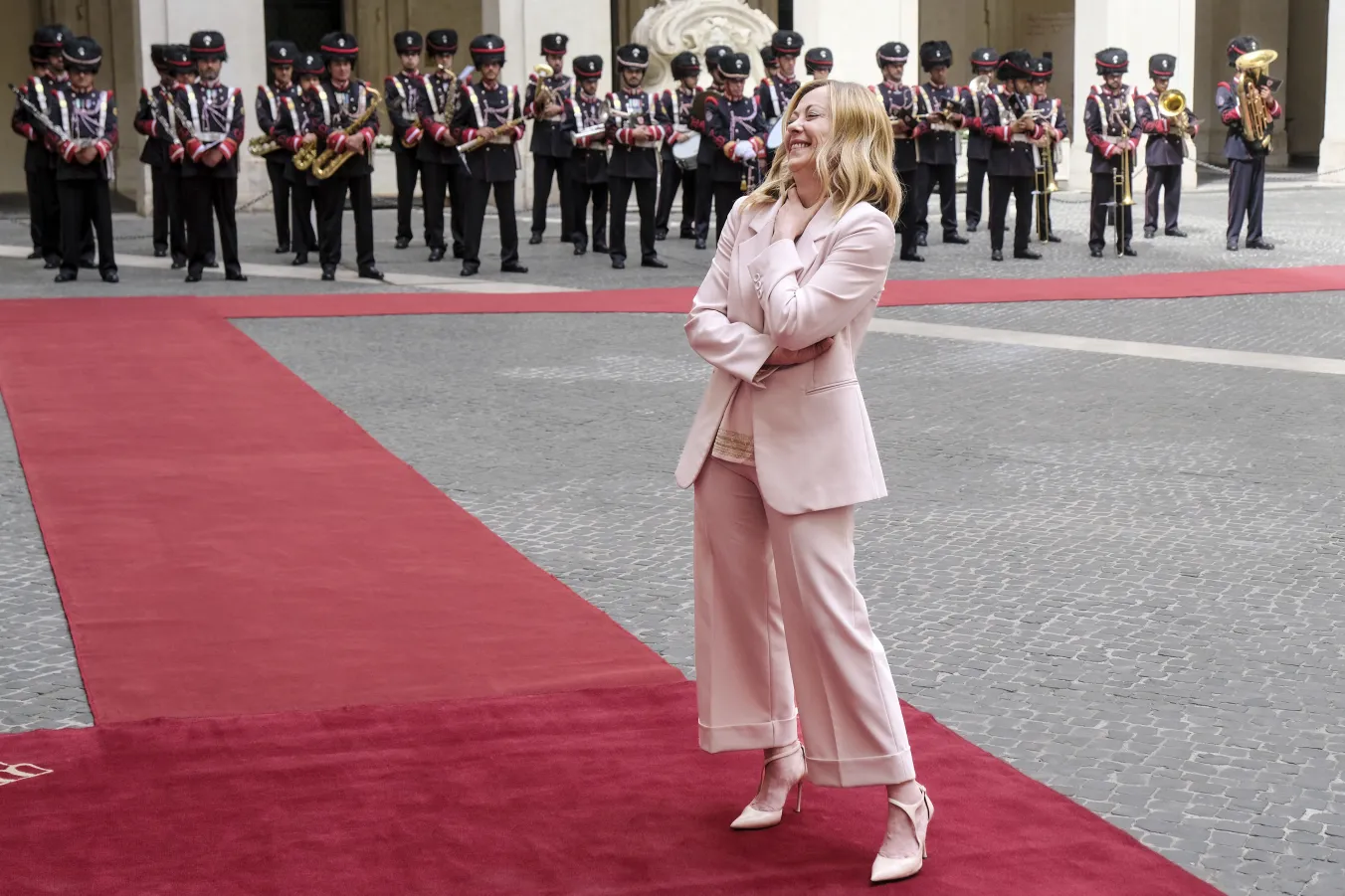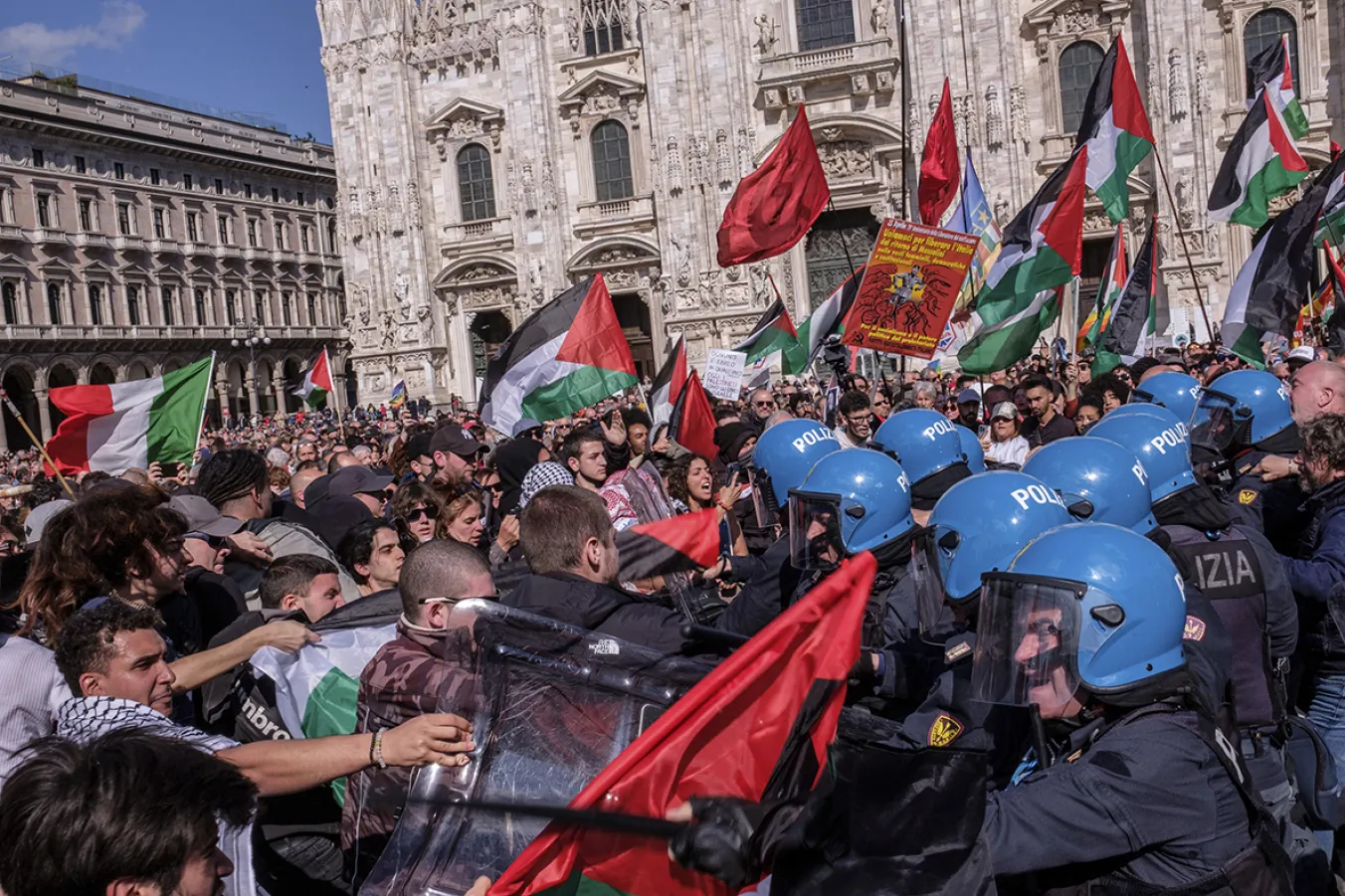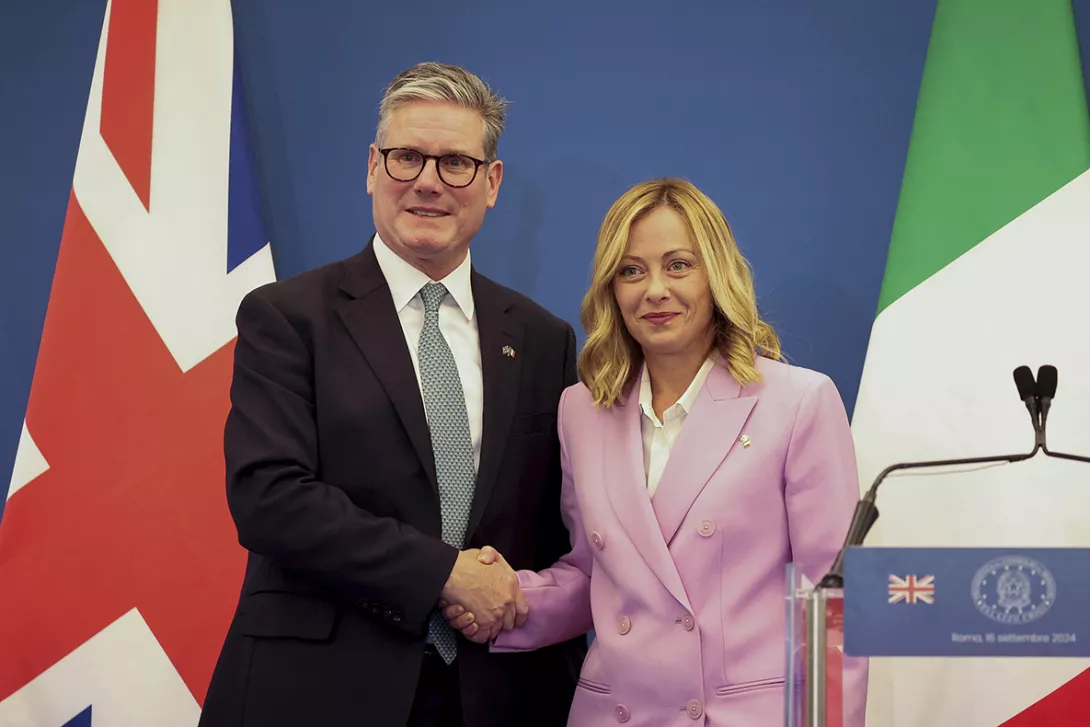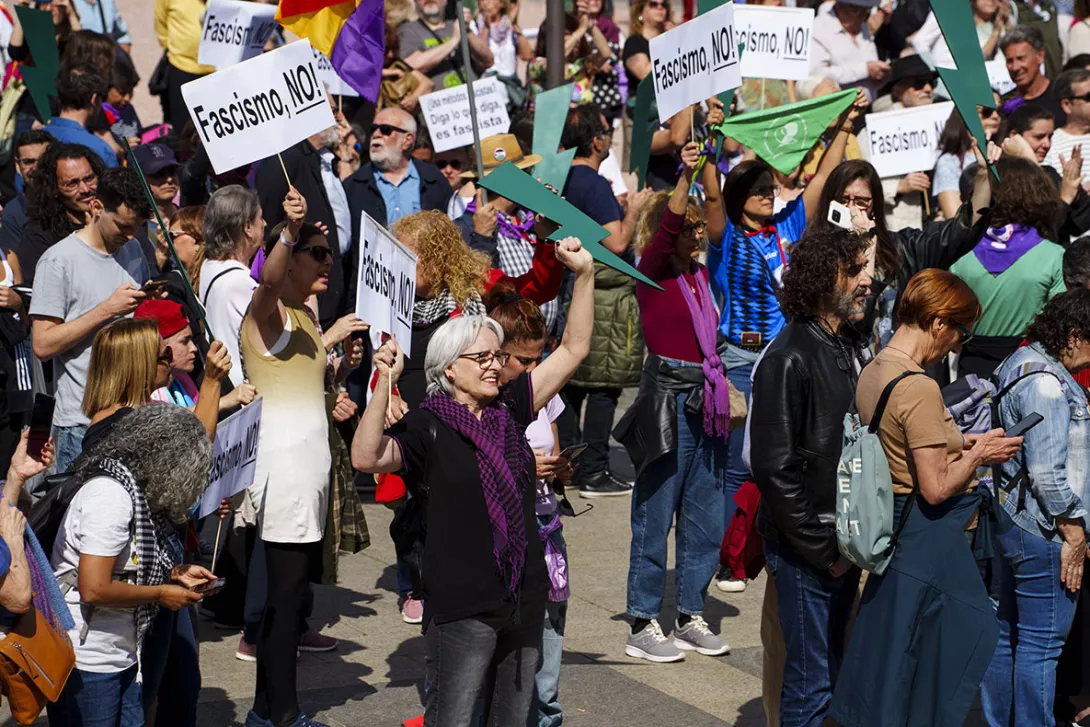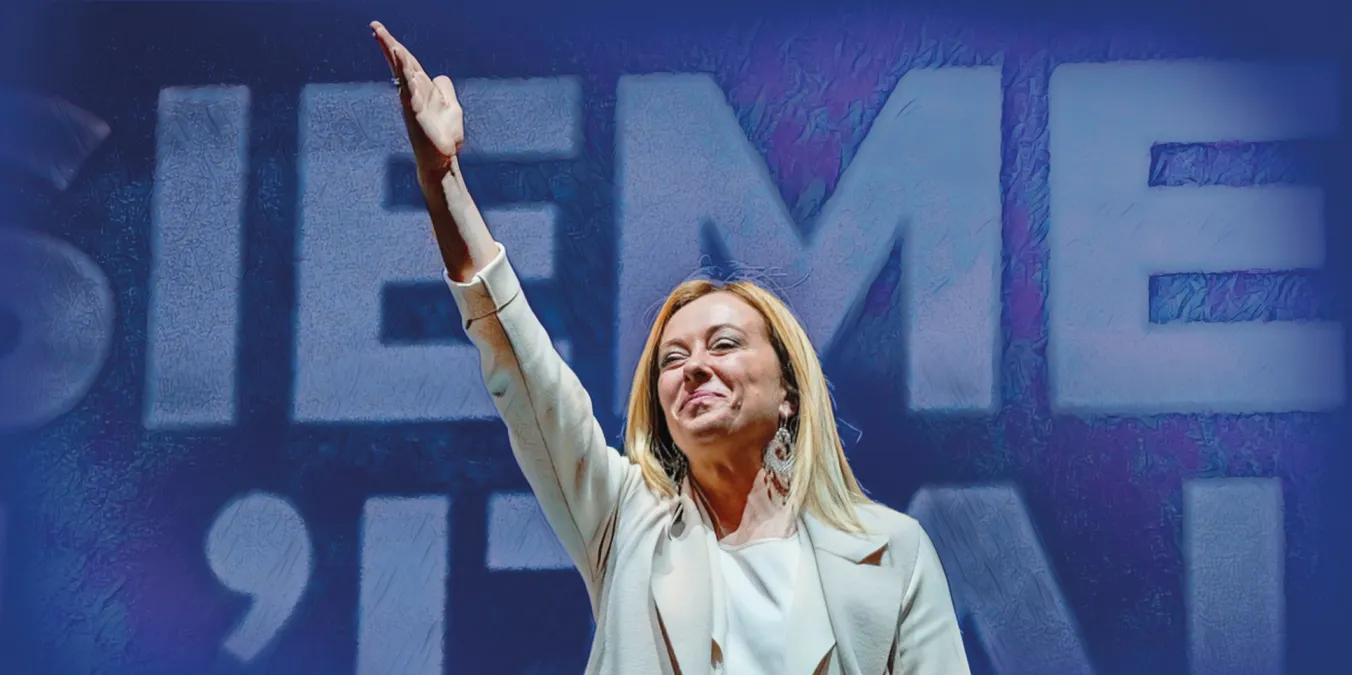
WELL-EVIDENCED and convincing, David Broder’s book Mussolini’s Grandchildren tells the story of how veterans of the 1925-45 dictatorship were able to refound an unashamed “fascist party in a democracy” after their defeat in World War II, and how that party — renamed Fratelli d’Italia — is now in power following the 2022 elections, with Giorgia Meloni serving as Prime Minister.
For what is a fairly straightforward work of history, it is remarkably engaging, dryly humorous and prescient in its lessons for global politics. Testament to its impact, before the book’s release, Meloni was already denouncing its author; since its release, despite the fact it is written in English, the book is currently outselling Meloni’s autobiography on Italian Amazon. I ask David Broder about the nature of the modern Italian far right and why it is so important to understanding the direction of politics across the West.
Even the title mentions Mussolini, yet you insist Giorgia Meloni’s government isn’t a return to the past. What do you mean by that?
The title is Mussolini’s Grandchildren — the point being that her party is both rooted in regime-era fascism, but has also evolved over time, and this is in many ways a postmodern phenomenon. The ambiguity is well-rooted in the idea of “neither restoring nor reneging on the regime,” taken up by the postwar neofascist party called Movimento Sociale Italiano (MSI).

